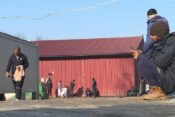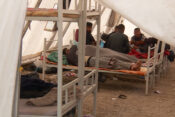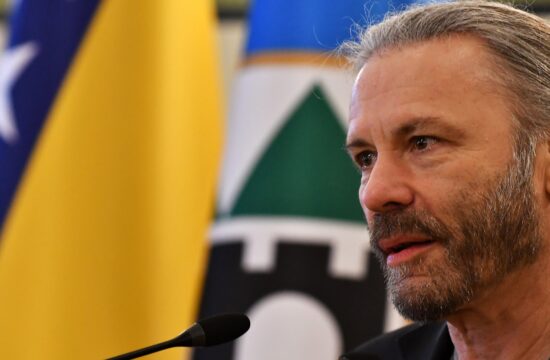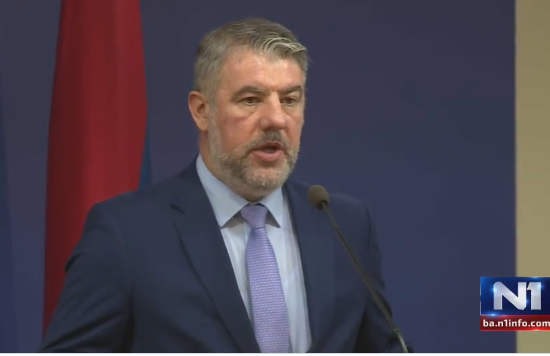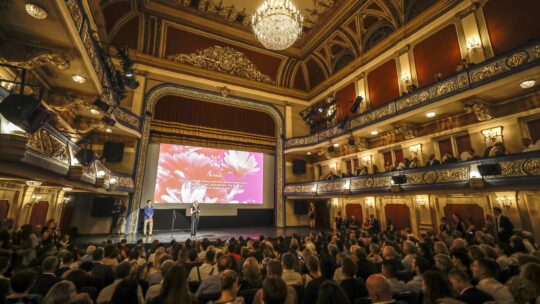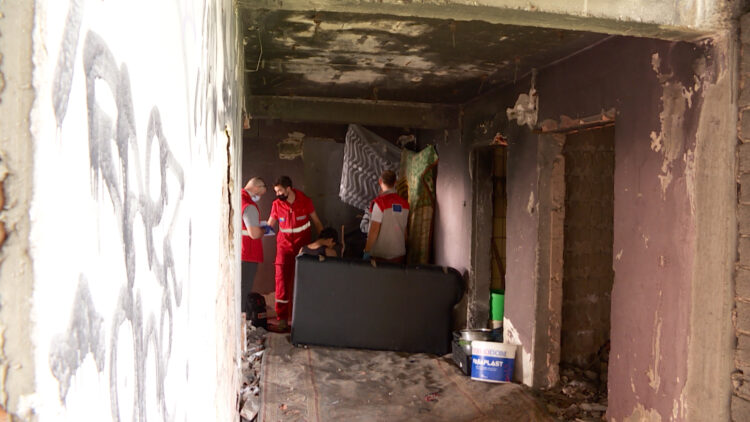
Many of the 5,500 migrants currently in Bosnia and Herzegovina are living at various locations outside migrant centres, including in the ruins of a former retirement home in Sarajevo’s Nedzarici neighbourhood which was destroyed during the 1992-1995 war.
N1 found 11 of them at this location, some of them sleeping in an improvised living room.
Among them was Nasuf, a 27-year-old Morrocan who hopes to live in Italy with his family one day.
“We are doing fine here for now,” he said.
“I tried to cross the Croatian border several months ago, we reached Slovenia. Slovenian police then caught us and took us back to Croatia, where we were beaten and sent back to Bosnia, to Buzim,” Nasuf said, adding that he will “never forget the people in Buzim.”
“They fed us after we had not eaten for three days. They took care of us as they would their own children, we spent four days at their house, they gave us clothes. I will remember Bosnia for all the good things, I will forget the bad things,” he said.
Volunteers from the local Red Cross and the Danish Refugee Council help the migrants every day, bringing them food, clothes and providing first aid. They told N1 that they tended to the wounds of one of the migrants who had been stabbed during a so-called “Game.”
“Sometimes no medical intervention is needed, but only a conversation with them. Through those conversations, psychological evaluations and consultations, we are trying to help them overcome their trip, and we know how long they have already been travelling,” said Jasmin Niksic, from the Red Cross of Bosnia’s Federation (FBiH) region.
He explained that most of the migrants share sad stories of them leaving their loved ones behind and enduring various forms of “torture” on their path to a better future.
“Every time, they say ‘thank you’ for every package we deliver to them. That does represent satisfaction for us, but it is also our obligation,” he said, calling the migrants “friendly.”
“I would advise everyone that we must get to know something unknown, that their (migrant’s) stories and fates may be difficult but once we get to know them, we realise that they are living beings as well and that they have, unfortunately, found themselves in this situation,” said Dino Pehic, from the Danish Refugee Council.

